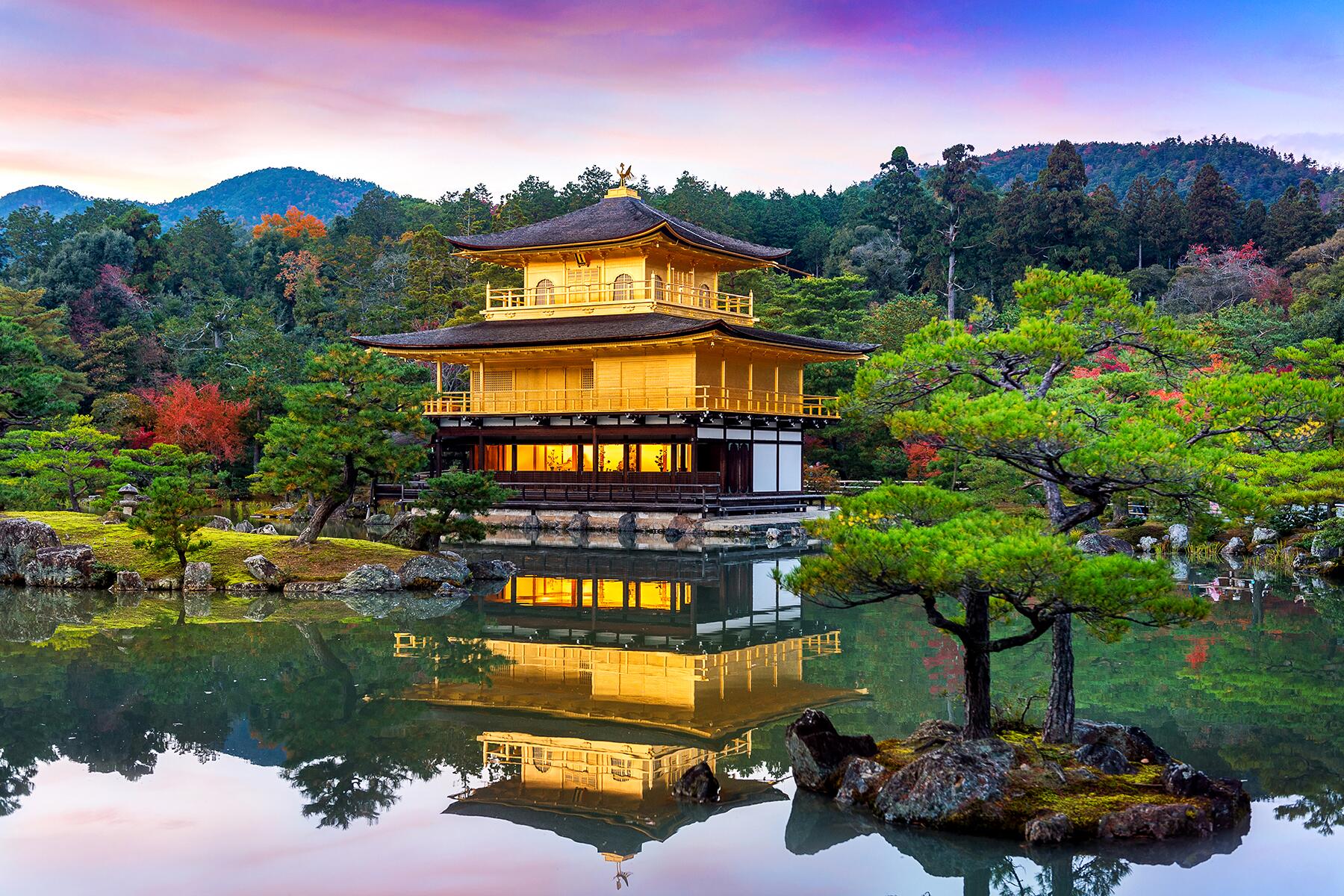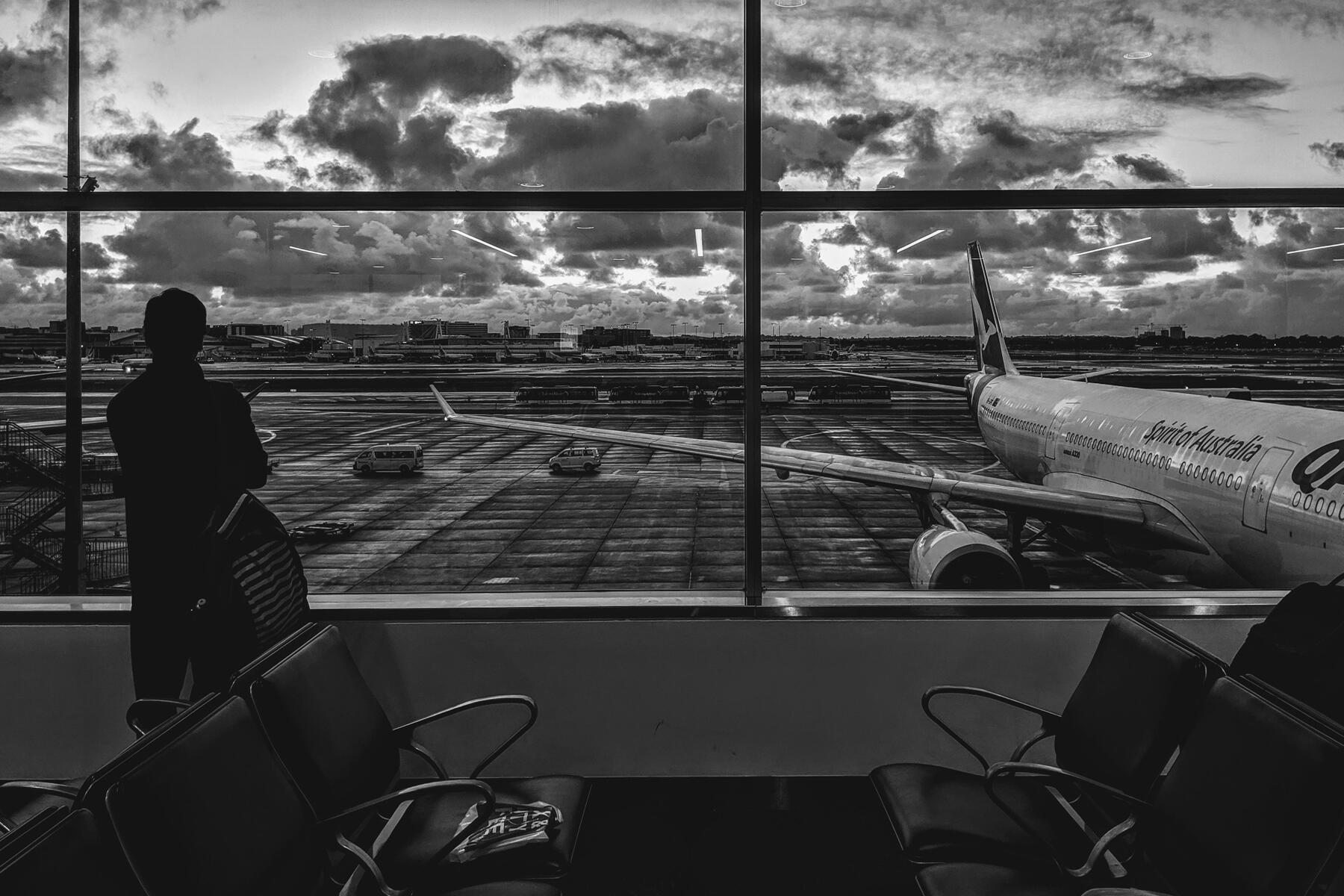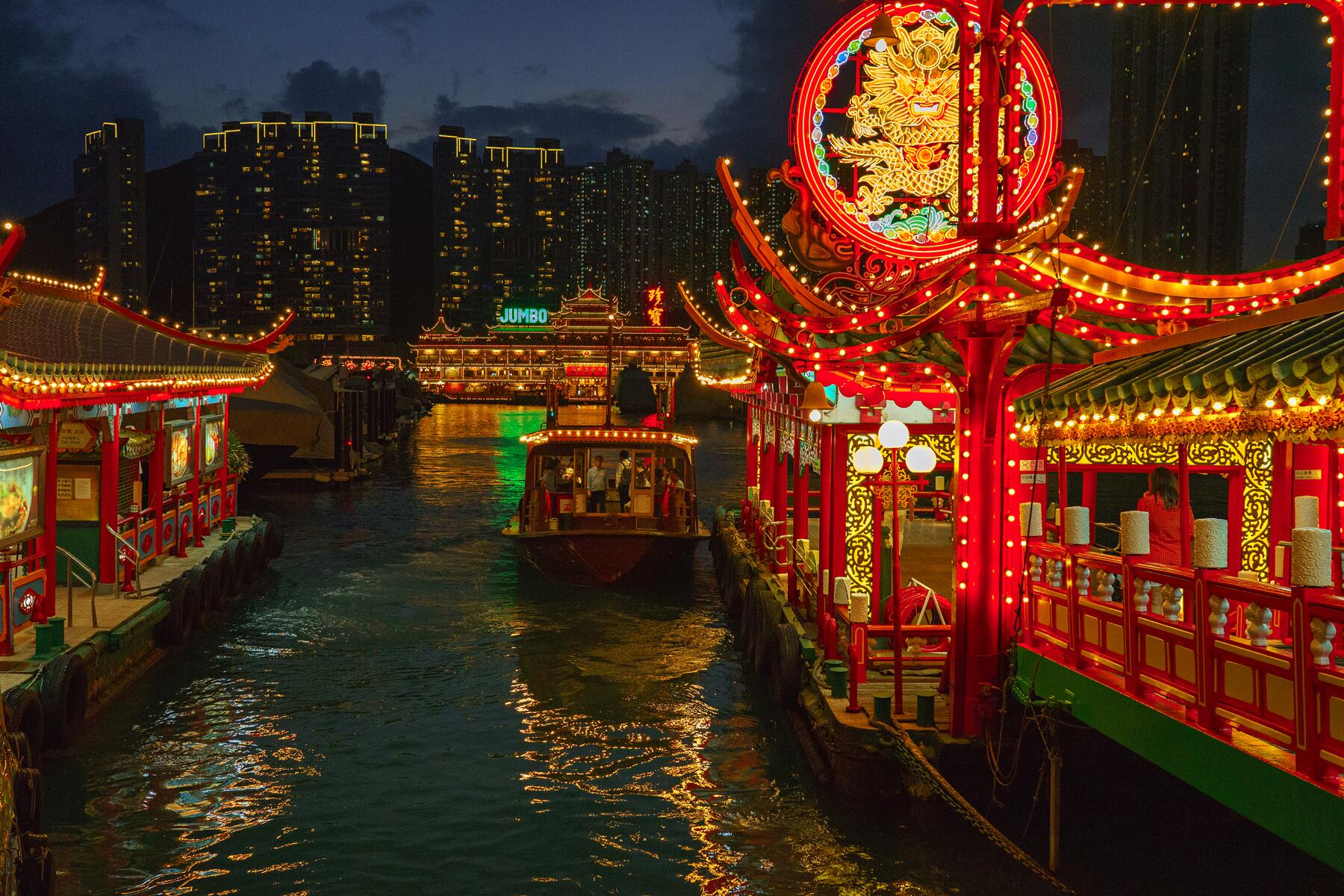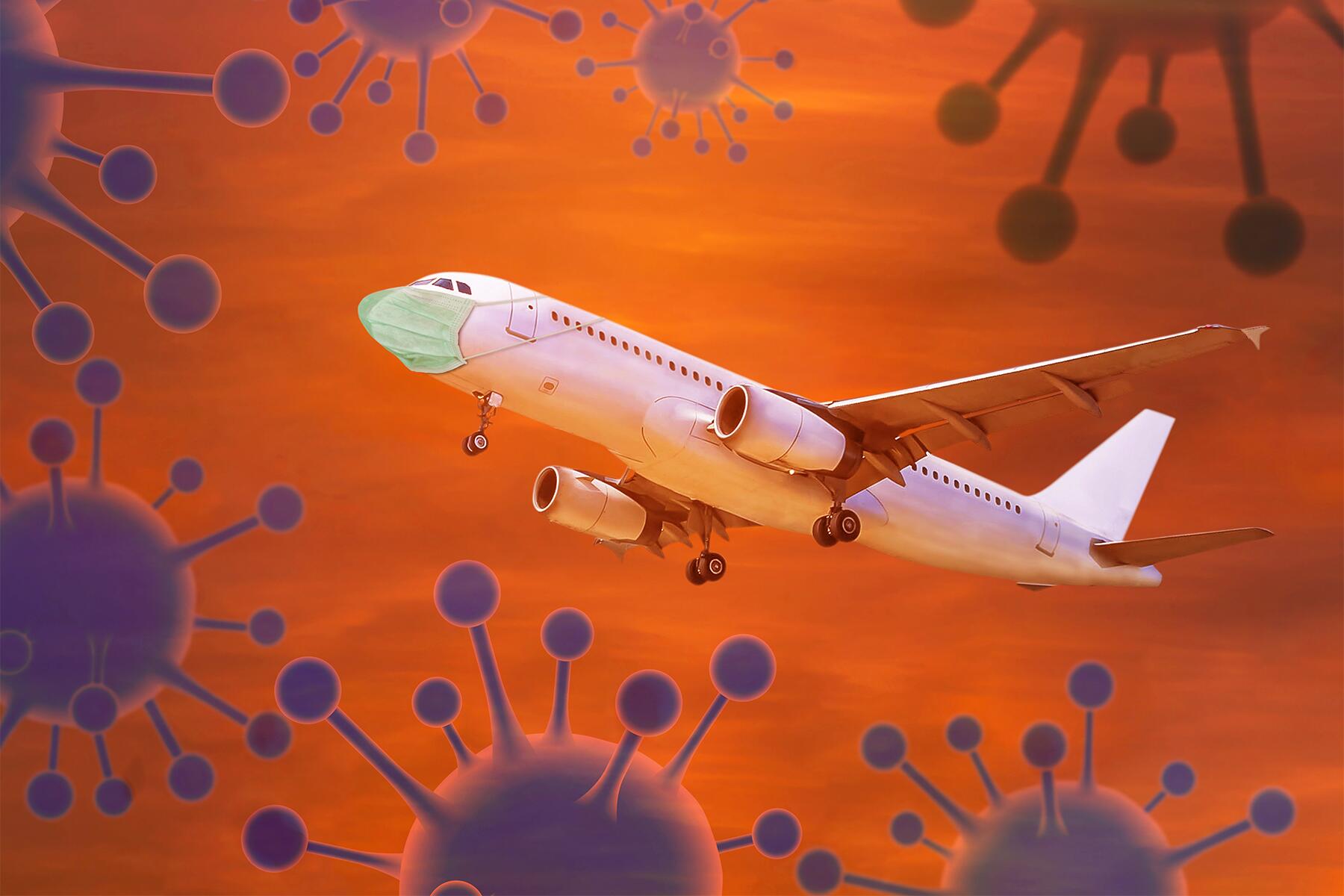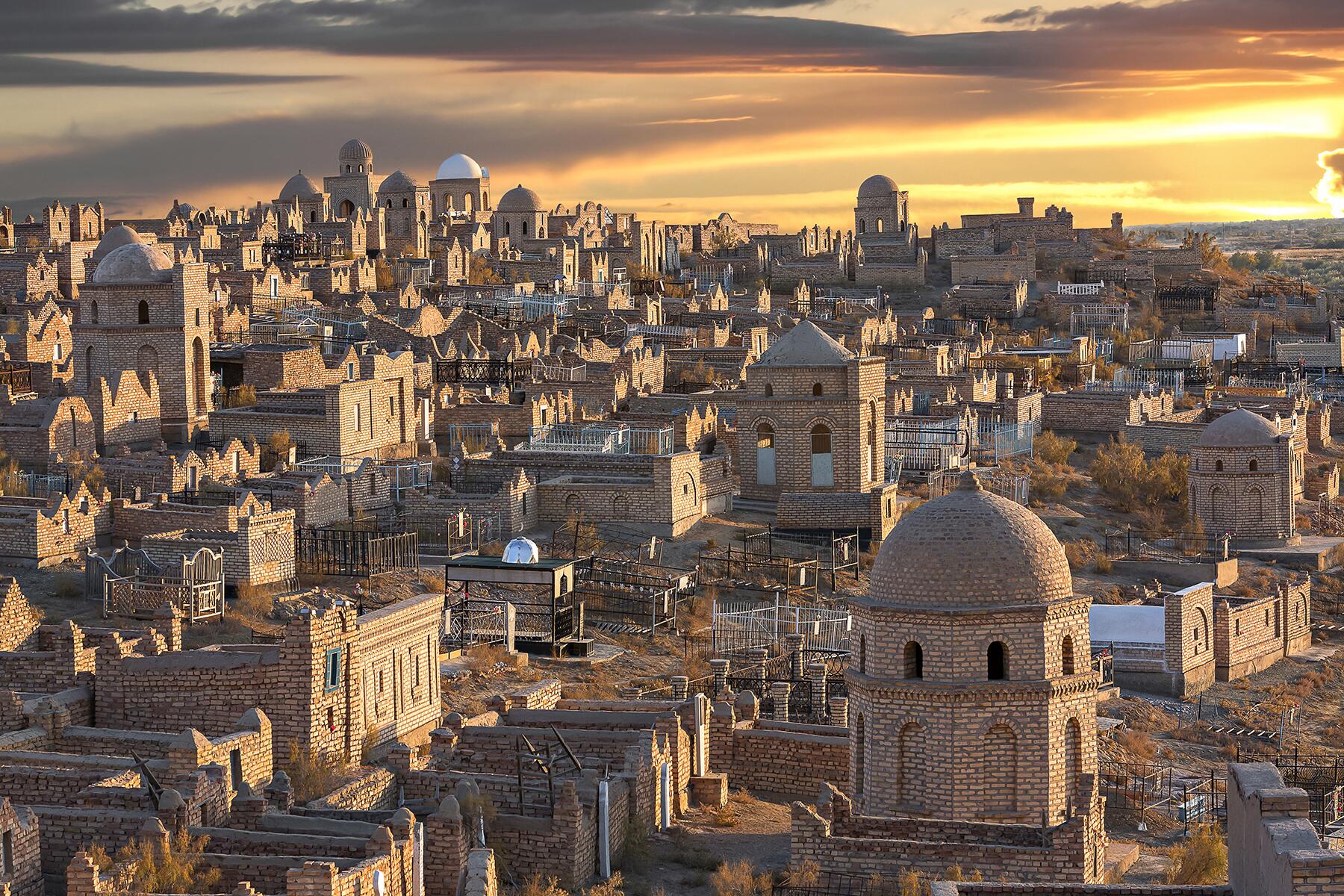Within a day of their first COVID-19 case, Uzbekistan slammed borders shut with no chance for travelers to get out. More than a week later, hope for a flight emerges, but will we take it?
The sun sets and the last light drains out of the desert. Jackals yip around us before falling silent, the only noise the sound of our camping stove heating up dinner. It’s our first night camping in the Uzbek desert. Over a year has passed since we cycled out of our driveway in the south of France. Each day of cycling, despite the challenges, has brought us closer to here: Central Asia, Uzbekistan, and The Silk Road.
We’ve planned to stay in Central Asia until mid-September, exploring Uzbekistan, Kazakhstan, Kyrgyzstan, and Tajikistan until the winter snows push us south to Pakistan and India.
